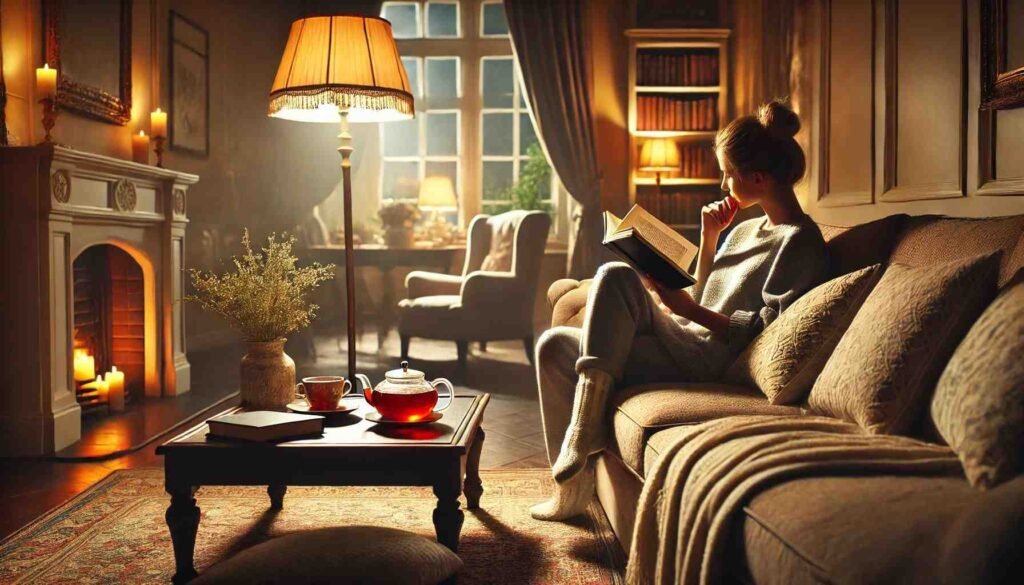Minimalism is a lifestyle that focuses on simplicity, purpose, and removing excess to create a more meaningful and peaceful life. It can greatly improve sleep by reducing distractions, lowering stress, and creating a calming environment.
It’s not just about owning fewer things—it’s about prioritizing what truly adds value and supports your sleep cycle, while eliminating distractions and clutter.
By embracing minimalism, people can reduce stress, improve focus, and create a calmer environment, which is especially beneficial for better sleep and overall well-being.
1. A Clutter-Free Bedroom = A Clear Mind
A cluttered bedroom can make it harder to relax and fall asleep. When your space is filled with unnecessary items, your brain stays too active, making it difficult to unwind. By keeping your bedroom clean and free of distractions, you create a calming environment that signals to your mind it’s time to rest.
- A messy room can overstimulate the brain, making it harder to relax.
- Keeping only essential items in the bedroom signals to the brain that this space is for rest, not stress.
2. Less Stuff = Less Stress
The more you own, the more you have to clean, organize, and worry about. By simplifying your space and keeping only what you truly need, you reduce stress and create a more peaceful mindset—making it easier to fall asleep and stay asleep.

- Owning fewer things means less to clean, organize, and worry about.
- Less mental clutter leads to lower cortisol (stress hormone) levels, promoting deeper sleep.
3. A Simple Sleep Routine
A minimalist approach to sleep means focusing on a simple, regular routine that promotes rest. Instead of overwhelming yourself with complicated bedtime habits, sticking to the basics — like a set sleep schedule limiting screen time, and winding down with relaxing activities including grounding techniques — helps your body and mind prepare for deep, restful sleep .

Applying minimalism to your sleep routine could be as simple as:
- No screens an hour before bed.
- A consistent bedtime and wake-up time.
- Focusing on quality rest rather than late-night distractions.
4. Minimalist Sleep Setup
Your sleep environment plays a big role in how well you rest. A minimalist sleep setup focuses on comfort and simplicity, with a high-quality mattress, breathable bedding, and a clutter-free space.
Soft lighting and neutral colors create a calming atmosphere, helping your mind relax and making it easier to drift into deep sleep.
- A comfortable, high-quality mattress and breathable bedding improve sleep.
- Neutral colors and soft lighting create a peaceful atmosphere.
5. Digital Minimalism Before Bed
Too much screen time before bed can overstimulate your brain and disrupt your sleep. Digital minimalism means reducing technology use at night—limiting social media, avoiding late-night news, and turning off unnecessary notifications. By creating a tech-free wind-down routine, you allow your mind to relax, making it easier to fall asleep and wake up feeling refreshed.
Now of course, this isn’t always possible every night, but if you slowly adjust your habits, it can help to train your body and mind to recognize when it’s time to wind down. Over time, these small changes can lead to deeper, more restful sleep and a healthier overall routine.
- Cutting down on social media and news consumption at night reduces anxiety.
- Using a basic alarm clock instead of a phone helps prevent late-night scrolling.
By embracing minimalism, you can create a peaceful space and mindset, leading to better, deeper, and more refreshing sleep.



